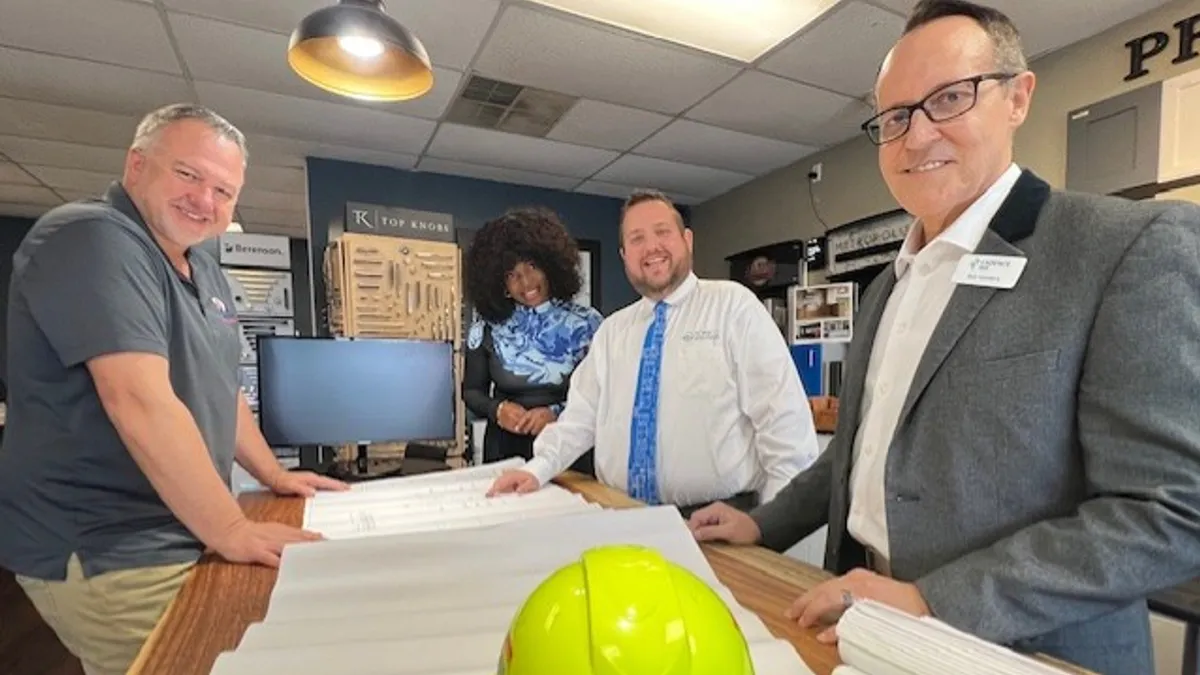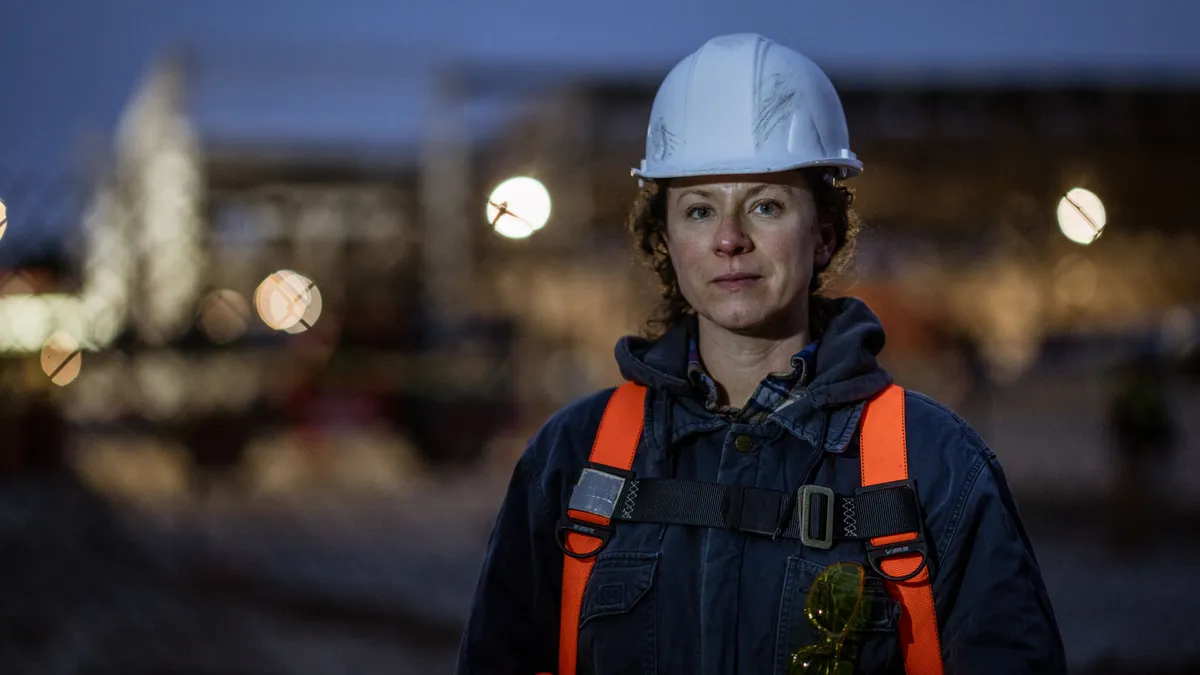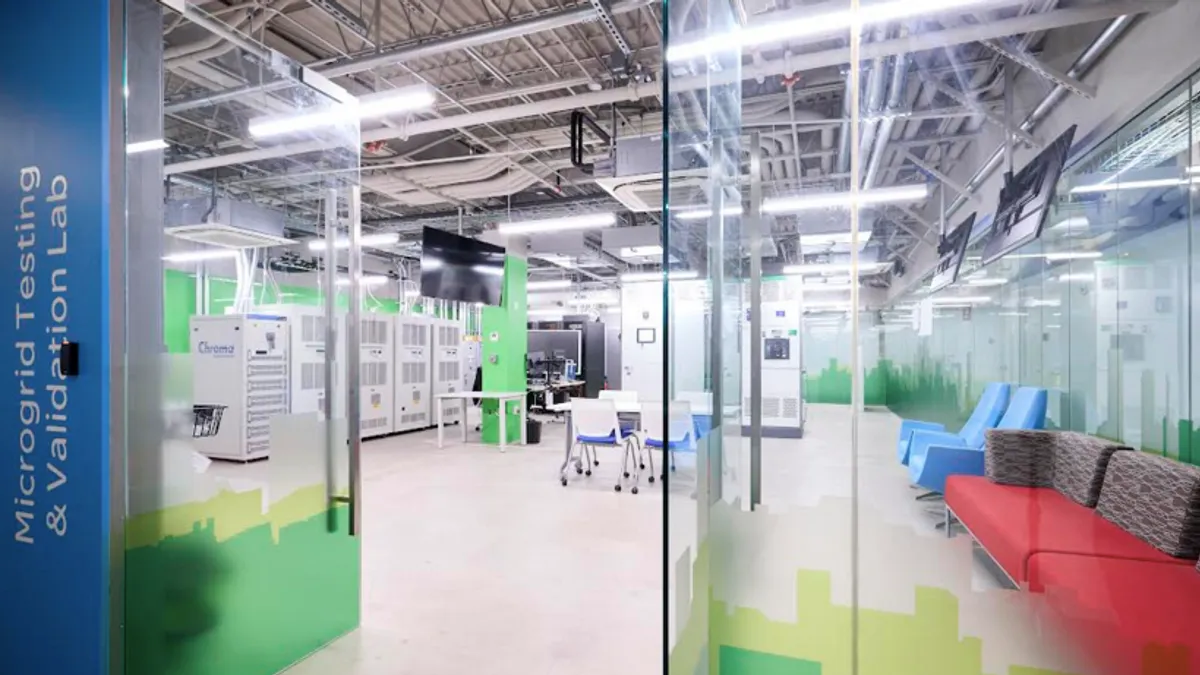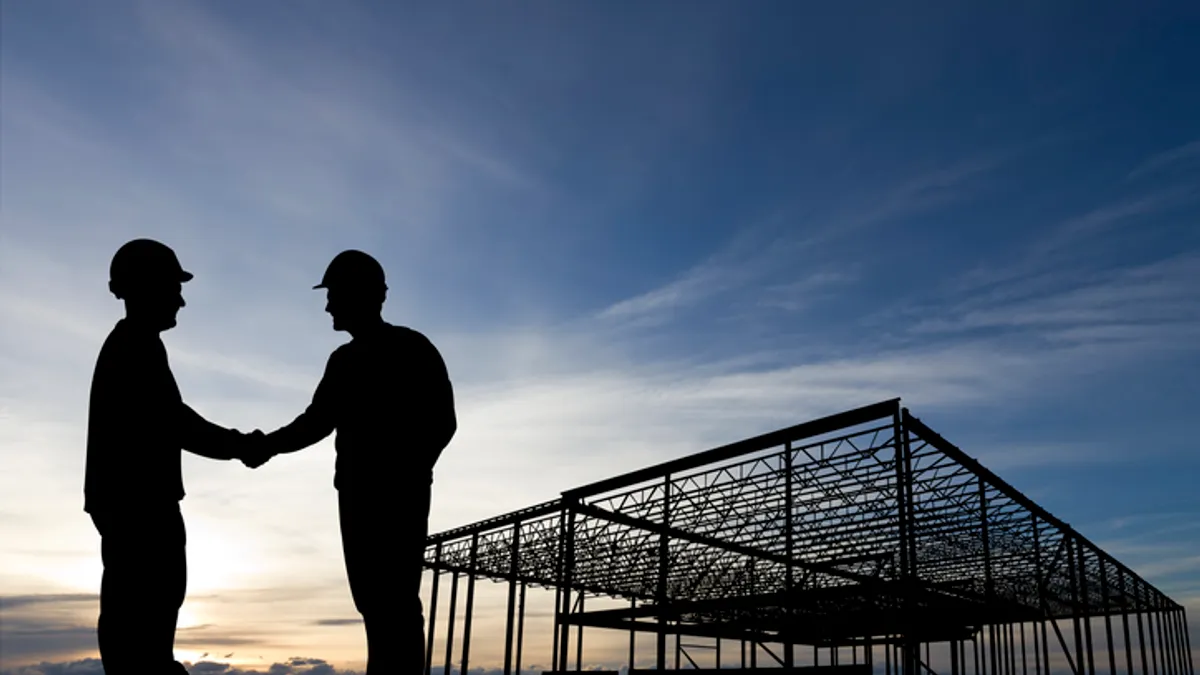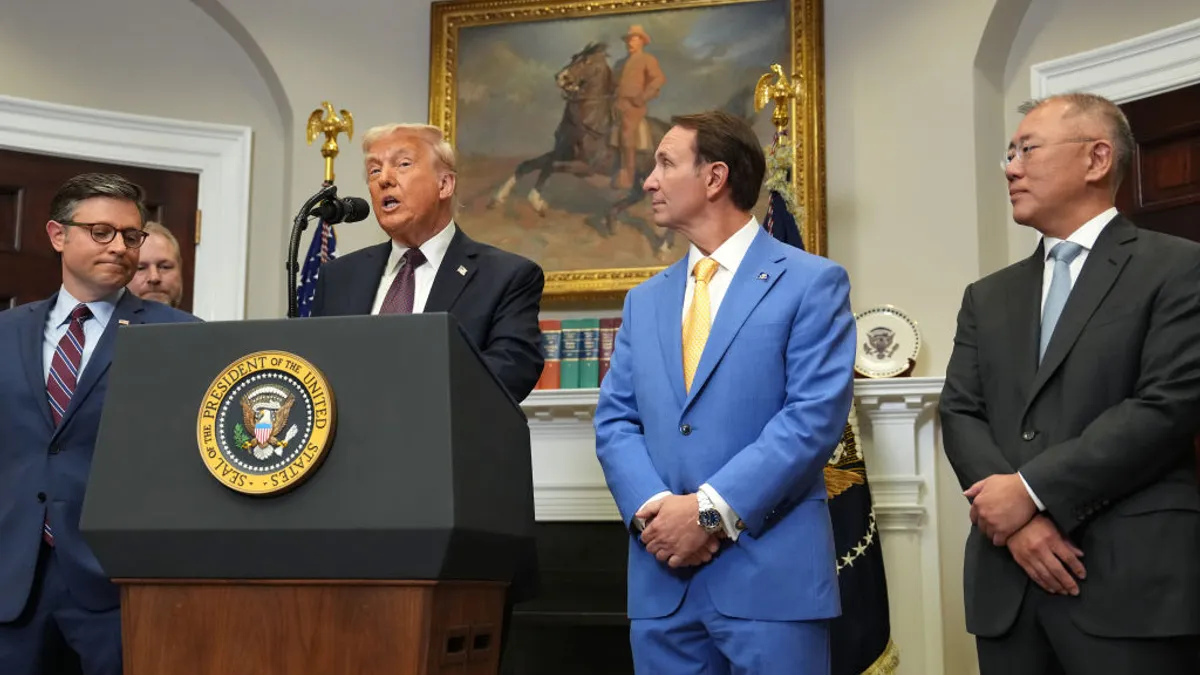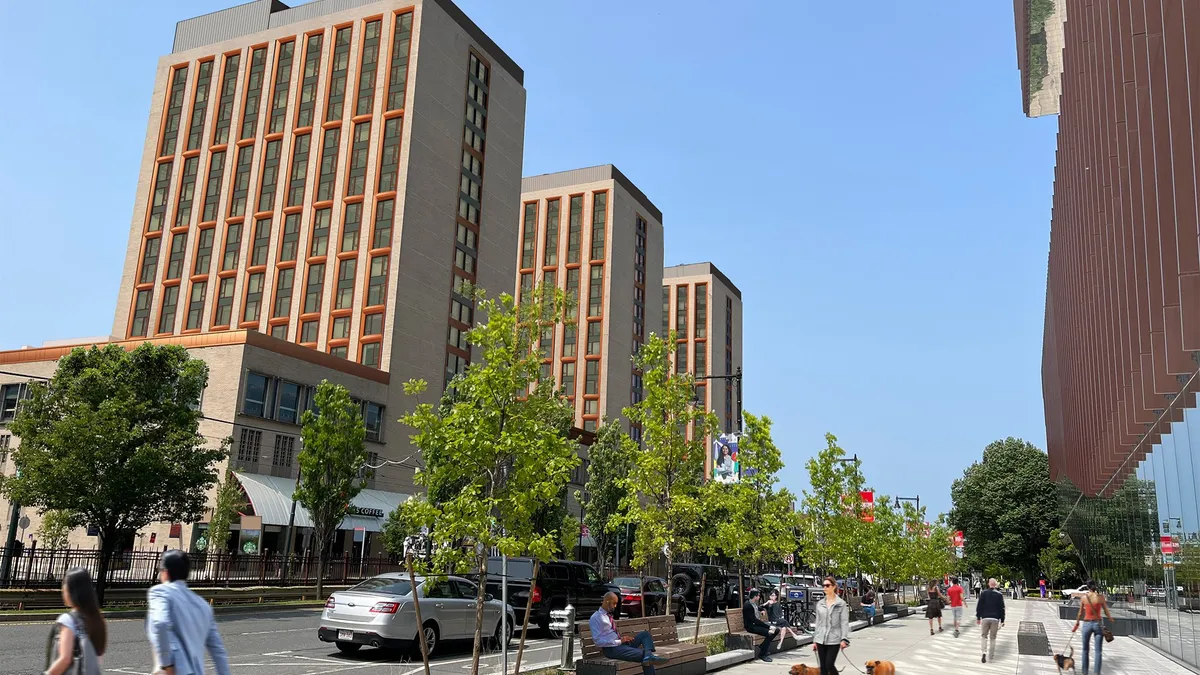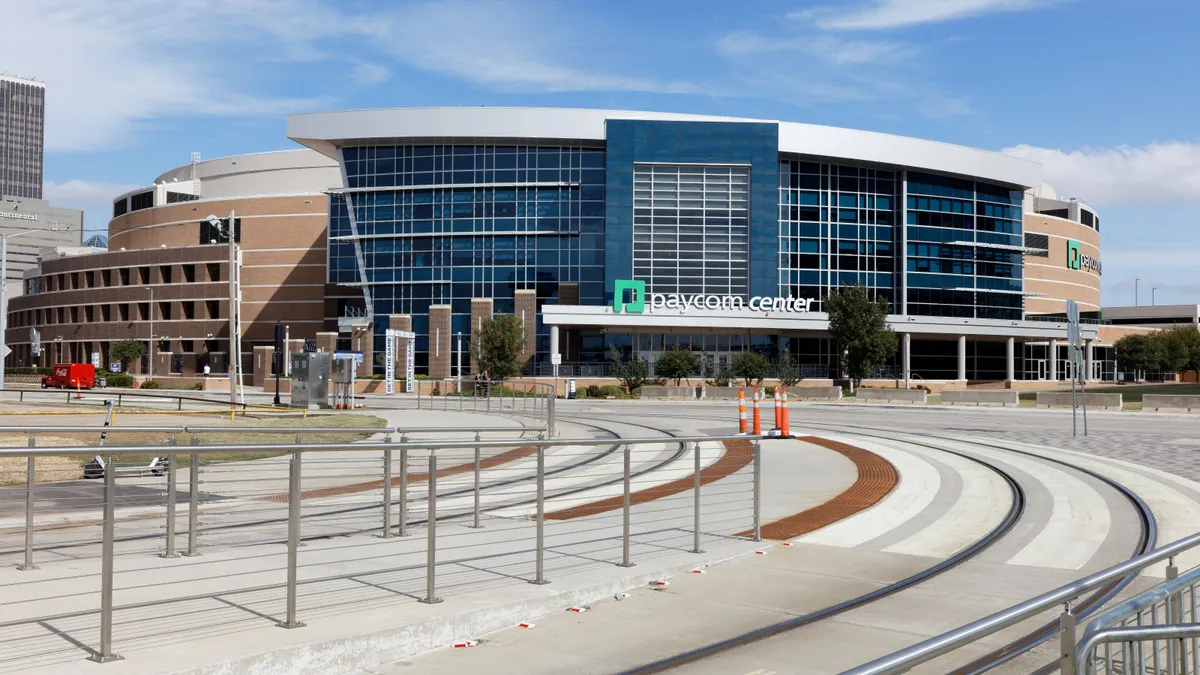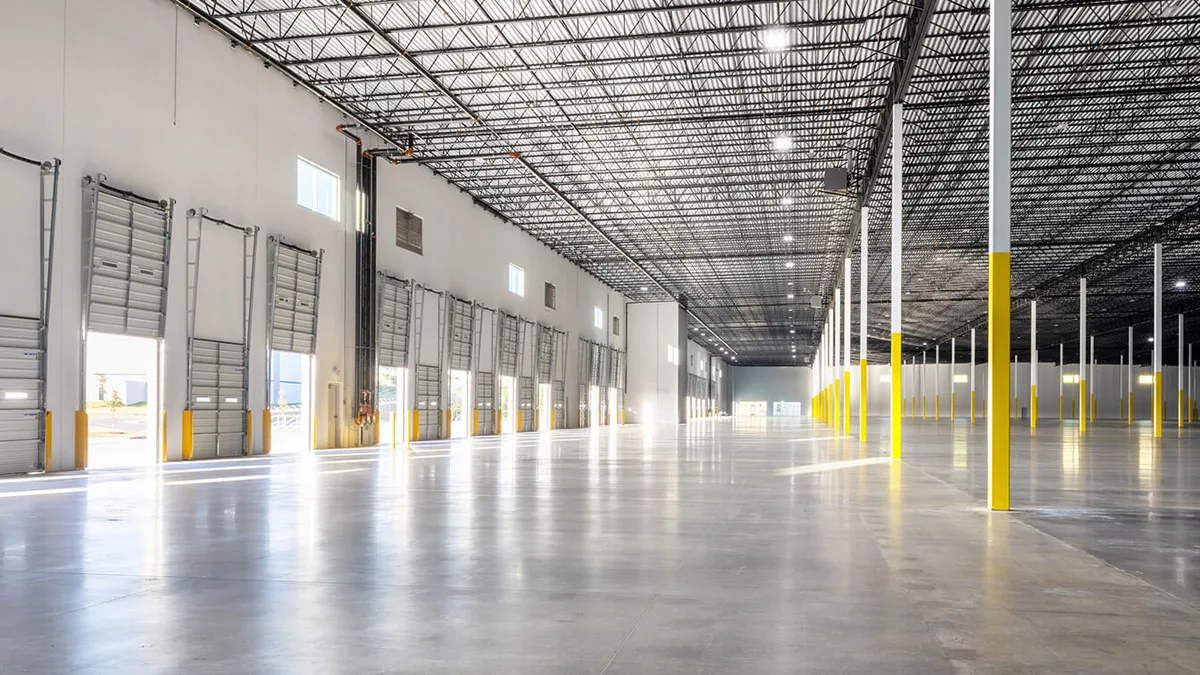Tommy Whitehead wanted to do something different in the construction industry when he founded his firm in Tampa, Florida, more than six years ago. Today, TomCo Solutions is one of only 50 construction companies in the country certified by the National LGBT Chamber of Commerce. It specializes in property makeovers and disaster restoration.
After years working in the property management and residential construction industry in Florida, Whitehead said he was inspired to create his own company with a culture that emphasizes diversity, while also innovating and providing top-notch services.
“Our mission is to deliver exceptional results while ensuring that everyone feels valued and respected,” Whitehead said.
Whitehead hasn’t stopped there: In 2023, he launched the national Pride Construction Coalition to advocate and empower LGBTQ+ construction professionals, and was honored as one of the Tampa Bay Business Journal’s OUTstanding Voices the same year. He also wrote a book with lessons from his life story in “Building Success: A Toolbox For Coming Out on Top” and dishes with industry pros in his podcast, “Tommy’s Toolbox.”
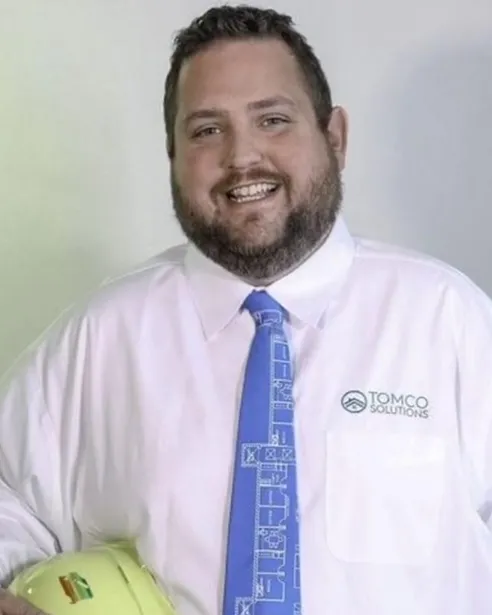
Here, Whitehead talks about why he created the Pride Construction Coalition, how the industry can be more welcoming to LGBTQ+ people and what makes the Tampa building market unique.
The following has been edited for brevity and clarity.
CONSTRUCTION DIVE: Tell us about the Pride Construction Coalition and why you created it.
TOMMY WHITEHEAD: The Pride Construction Coalition was born out of a deep need to foster diversity, equity and inclusion within the construction industry. Knowing that 40% of our workforce is set to retire in the next five to six years, we're facing a significant shortage of skilled professionals. It's crucial that we create an environment that attracts and retains all available qualified talent, including LGBTQ+ individuals.
I founded the coalition a year ago to provide support, resources and a welcoming space for LGBTQ+ professionals, ensuring everyone has the opportunity to thrive in this industry.
What are some common barriers that LGBTQ+ people face in the construction industry?
LGBTQ+ individuals in construction often encounter significant barriers such as discrimination and bias in hiring and workplace practices. There's also a noticeable lack of representation and visibility, which can make it hard to find role models and mentors.
Many LGBTQ+ professionals face hostile or non-inclusive work environments, making it challenging to feel safe and supported. These barriers highlight the urgent need for a more inclusive and welcoming industry.
How can construction pros make the industry more welcoming?
To create a more inclusive industry, construction professionals can start by implementing inclusive hiring practices that actively promote diversity. Providing comprehensive diversity training and education for all employees is crucial to fostering an inclusive culture.
Establishing supportive networks and mentorship programs can offer vital resources and guidance for LGBTQ+ professionals. Promoting visibility and representation by highlighting the achievements and contributions of LGBTQ+ individuals can inspire others and demonstrate the industry's commitment to inclusion.
What advice would you give to other LGBTQ+ people in construction, or who are considering going into construction?
My advice is to seek out supportive communities and networks where you can find allies and mentors. Embrace your identity and have confidence in your skills and contributions. Advocate for inclusive practices and policies within your workplace and don't hesitate to build strong relationships with mentors who can provide valuable guidance.
Remember, your unique perspective and experiences are an asset to the industry.
What's unique about building in the Tampa market?
The Tampa market presents unique challenges, particularly due to extreme weather conditions like hurricanes. There is a six-month window for hurricanes, and we must always be ready. It's essential to focus on resilience, ensuring that our structures can withstand high winds, heavy rains and potential flooding.
Additionally, we adapt our construction methods to suit the coastal environment, which includes managing high humidity and saltwater exposure. These factors require innovative solutions and a keen understanding of local conditions to build durable and sustainable structures.
Has the industry changed in the time you’ve been in it?
The construction industry has undergone significant changes over the years. There's been an increased focus on sustainability and green building practices, which have become major priorities. We've also seen growing awareness and implementation of diversity and inclusion initiatives, making the industry more welcoming to all.
Advancements in construction technology and methods have led to more efficient and innovative building practices. Additionally, there's a greater emphasis on safety and regulatory compliance, ensuring that construction sites are safer for all workers.



